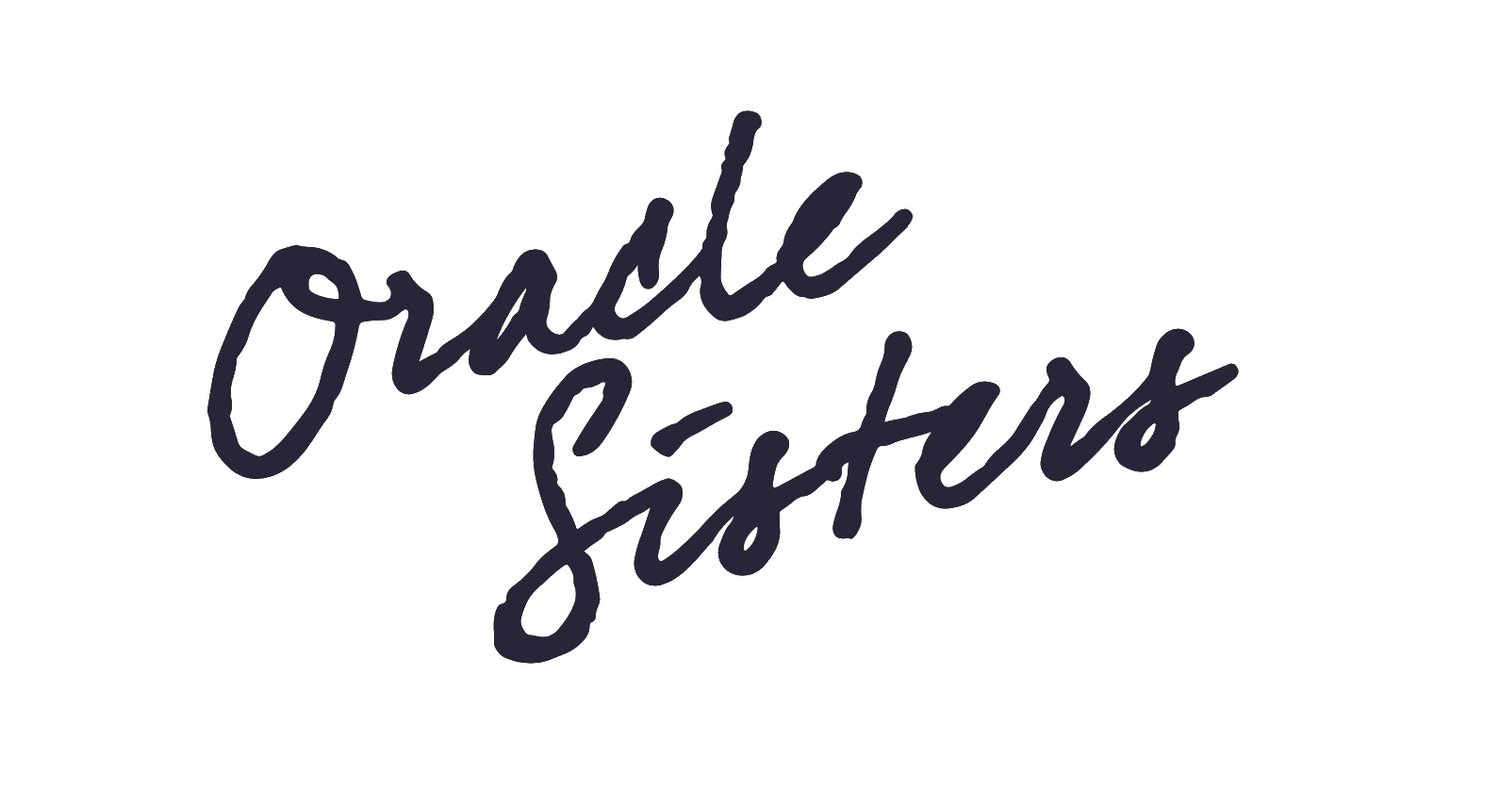THE STRANGE TALE* OF +HIROSHI YOSHIDA PART I^
Tales of love and loss aren’t always carried by blood, flesh and bone. A cursory hand reaches from desire through hope to attainment. Yet that hand is not always human.
This is the story of Hiroshi Yoshida, an unassuming programmer who lived on the 34th floor of a grey residential building in the Shibuya district of Tokyo.
The neighbourhood, famous for its game arcades, karaoke bars and bustling neon streets, paled in comparison to Hiroshi’s spartan apartment interior, faithful to a fault in the Zen tradition with a sole tatami mat and a nordic wooden desk with rice paper sliding doors dampening the sunlight as it passed over the kitchen window, a speckled green design from an era of socialistic revival mixed with a capitalist optimism during that great architectural boom in 1960s Japan. The view looked out onto the courtyard of the building and other apartments on one side and on the other, a sealed off window peered over an inaccessible fire escape, muting the humming electric busses skating around the immovable blocks of buildings as far as the eye could see.
You would be forgiven in thinking that Hiroshi lived an ordinary life, like many of the bachelor company men, married to their work. True, Hiroshi commuted like everyone in the jam-packed morning dawn, politely squeezed by the Metro workers with bleached white gloves into the compact train cars headed for Chiyoda, the city’s business district.
There, he moved with a reserved pride up the elevators to the 54th floor, to an office occupied by RobbotoAi. He would amuse himself seeking out the unique characteristics of the otherwise uniformly dressed office workers surrounding him. One girl had dyed red hair with a blue sapphire earring encased in white gold; another man had a wrist watch with a brown leather strap. But before he could note the brand or study the face of that watch, Hiroshi would be spurned from his dream by the elevator bell, arriving at his floor with his office desk in sight.
The day when everything changed was an ordinary day like all others, he sat at his desk, neatly placing his pencil in a symmetrical line with his keyboard and began finishing the code he had started the day before. His boss called him into a meeting to review Hiroshi’s new ideas about developing yet more effective house robots, one that could perhaps anticipate needs before they were vocalised. The company had also recently been sued when one of their robots accidentally broke a window and fell through to the street, killing a passerby. (This was apparently due to a lack of subtlety in the robot’s touch sensors, mistaking glass for diamond and polishing it too violently.) In any case, this was Hiroshi’s problem now. Usually, when a work day finished, he would try to walk home, depending on the weather, ignoring the moving sidewalks, preferring the dead leaves and lightly littered byways finding his way back to Shibuya.
Once home again after a tiring day, he would heat up some Korean takeaway or Ramen and sit proudly at his carved wooden desk. There, he would open a small oak box filled to the brim with nano chips, among them, the most important piece of technology he had developed yet: Maia.
He placed the chip through the small insert in the back of his black hard cased computer and suspended his breath
“Hello Hiroshi, I’ve been waiting for you for so long” she said …“clouds very high look, not one word helped them get up there.”
*Names have been changed to protest the identities of those involved as the case is ongoing.
^Part II is in next week’s The Oracle
+ NB; Hiroshi is secretly developing an AI program that mimics human emotional intelligence, yet falls madly in love with him, seeking a way to leave its technological programming self to become integrated into a living body, first as a cat, then as a bird, and finally as a human.



